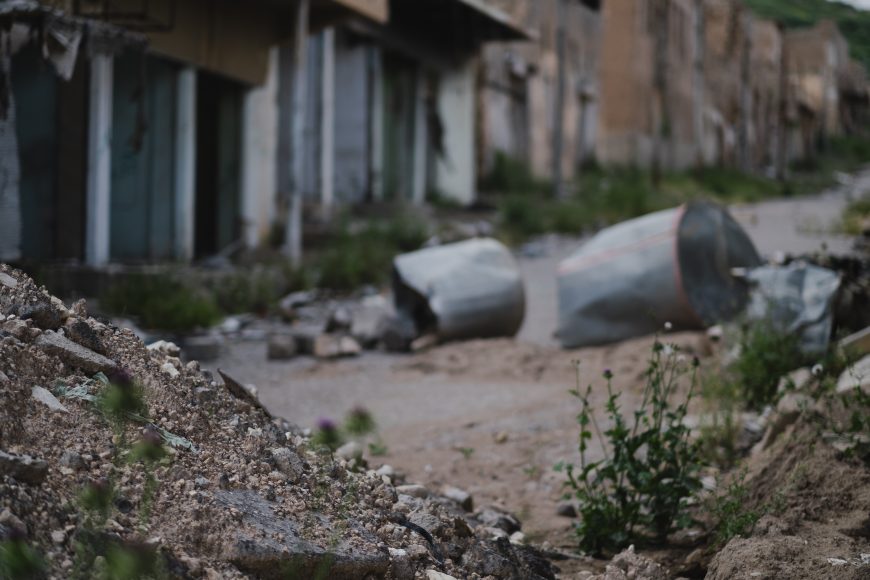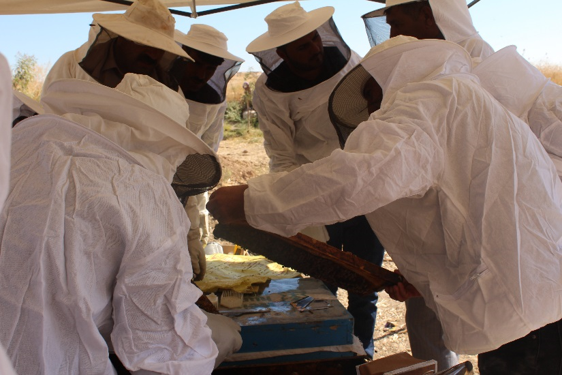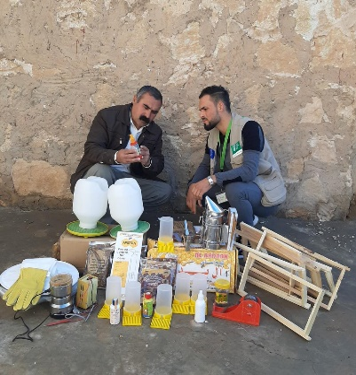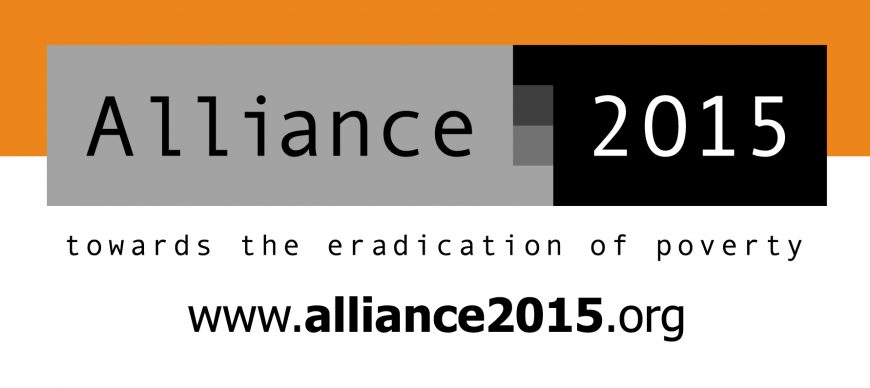Like many of the areas which came under the control of ISIL in 2014, life in the streets of Sinjar City are yet to recover from the ordeal. Those who could break up the silence which has fallen over the deserted streets are choosing to stay away for now; reluctant to return to a place where public amenities have collapsed and employment opportunities are few.
In this context, Welthungerhilfe (WHH) in consortium with ACTED, PIN and PAH, is working to support the people of Sinjar to resettle through supporting over 900 families to restart their agricultural ventures.
Focus on Shehabiya Village
Mr. Shamo lives in Shehabiya village, close to Sinjar city, a city which saw widespread carnage at the hands of ISIL in 2014, with much of the city reduced to rubble. Markets remain weak and the population suffers from a lack of basic facilities such as water and electricity
Shamo was involved in sheep farming and bee keeping before 2014 and was making a good income for his family. However, thousands of families were displaced once ISIL seized the area in August 2014. Shamo also fled the area with his family, seeking shelter in the Sinjar Mountains where they remained for several years. Shamo said: “The conflict affected me a lot because I lost 25 sheep, all my bee hives and all the furniture in my house.”

Shamo’s livehood was returned to ‘Year Zero,’ “I found nothing left when I returned; everything was destroyed,” he said. “I started working as a daily labourer in construction work in Sinjar and was able to earn around 10,000 – 15,000 Iraqi Dinar (around 10 USD) per day, which is insufficient to sustain my family.”
Shamo decided to attend the training on bee keeping conducted by WHH with the expectation of restarting his bee keeping venture. Along with over forty other farmers, SHamo took part in a one-week bee keeping training in August 2019, which included theoretical and practical sessions. Shamo has never formally learnt about bee keeping even though he was involved in beekeeping earlier, “It was good experience for me. I learnt scientific methods of handling a beehive, the importance of feeding them during the off-season, and the usage of bee wax during the training,” he said.

Shamo received 550 USD as a grant from the project after he completed the training, spending the money on bee boxes, bee sugar, medicine, bees wax and other necessary equipment. He expects to earn a good income, given how one kilogram of honey is sold for around 40 USD in the area. There are two seasons per year and Alyas is ready to harvest in the upcoming season. Shamo said, “Next season will be in February-March 2020 and each box is expected to produce around 5-7 kg of honey.”

This project is funded by the European Union (MADAD Trust Fund) and implemented by Welthungerhilfe (WHH) in consortium with three other organizations; ACTED, PIN and PAH.

